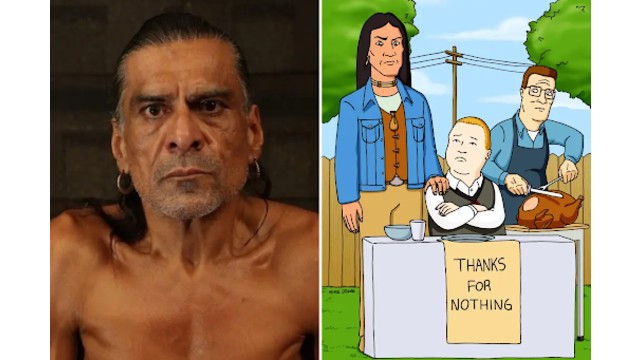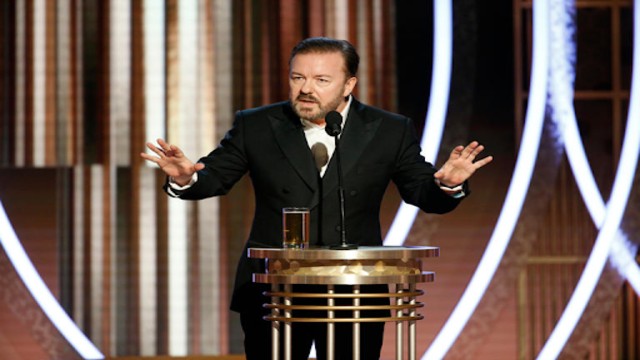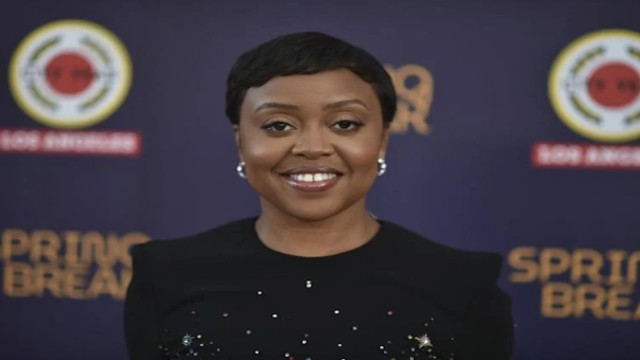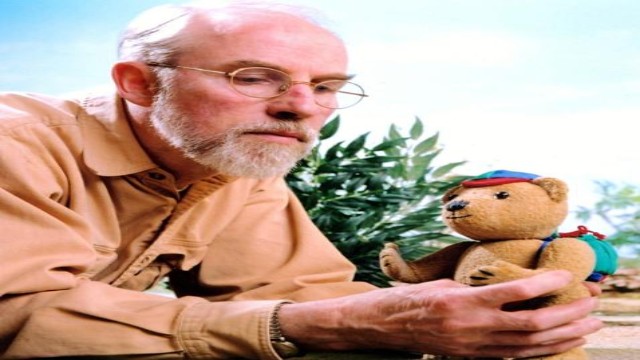
‘A true story based on a lie’ … Kaitlyn Dever as Belle Gibson in Apple Cider Vinegar. Photograph: Ben King/AP
Belle Gibson's infamous story back in Netflix's latest miniseries, Apple Cider Vinegar, a disgraced wellness influencer who falsely claimed to have cured her terminal brain cancer through diet and holistic treatments. The six-part series, which premiered on February 6, is described as a “true-ish story based on a lie.”
The Rise of Belle Gibson
Belle Gibson gained fame in the early 2010s, leveraging Instagram to promote a wellness lifestyle that she claimed saved her life. Through her Instagram handle @healing_belle, a successful app called The Whole Pantry, and a best-selling cookbook of the same name, she built a multimillion-dollar wellness empire. Her story inspired thousands who believed in her claims of natural healing.
However, in 2015, her empire collapsed when Australian journalists Beau Donelly and Nick Toscano exposed her fraudulent activities. They revealed that Gibson had lied about donating profits to charity. Further investigations uncovered even bigger deceptions—she had never had cancer at all.
Unraveling the Lies
Gibson was eventually found guilty of misleading consumers and was fined over $400,000 in 2017. Despite legal actions, she continued to avoid paying her penalties. Reports suggest she still owed a significant portion of the fine as of 2021.
Her fraudulent claims extended beyond health. She fabricated aspects of her personal history, including false statements about her upbringing and family struggles. Her own relatives refuted her claims, calling them fabricated.

Alycia Debnam-Careyleft, stars as Milla, and Aisha Dee as Chanelle in Apple Cider Vinegar. Netflix
The Whole Pantry and the Wellness Industry
Gibson’s wellness brand, The Whole Pantry, was once a global sensation. Apple even considered featuring her app on the Apple Watch. However, her credibility began to crack when inconsistencies in her cancer story emerged. At one point, she claimed her cancer had spread to multiple organs, contradicting earlier statements that it was stable.
The downfall of The Whole Pantry raised questions about the broader wellness industry, where unverified health claims often go unchecked. Gibson was not alone—similar figures, like Jessica Ainscough, had also promoted alternative healing methods that later proved ineffective.
A Story Retold on Screen
The scandal inspired Donelly and Toscano’s 2017 book, The Woman Who Fooled the World, which helped shape Apple Cider Vinegar. The show, written by Samantha Strauss, explores Gibson’s deception and the dangers of misinformation in the wellness industry.
Alycia Debnam-Carey plays Milla Blake, a character believed to be inspired by Ainscough, another wellness influencer who promoted alternative cancer treatments before her death in 2015.
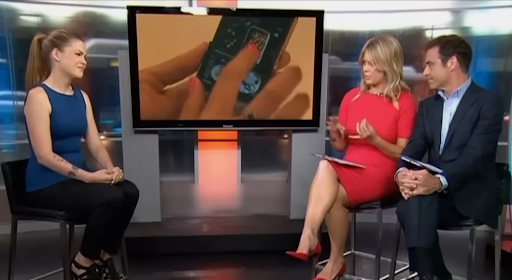
Belle Gibson is interviewed on 60 Minutes Australia. 60 Minutes Australia
Where is Belle Gibson Now?
Since her exposure, Gibson has remained out of the public eye. Reports indicate she has continued to evade her government fines. In 2020, authorities raided her home in an attempt to recover funds.
Despite her fall from grace, Gibson briefly resurfaced in 2020, aligning herself with political causes under a different name. Community leaders quickly distanced themselves from her.
Netflix’s Apple Cider Vinegar serves as a stark reminder of the dangers of health misinformation and the ease with which social media can turn deception into influence.


